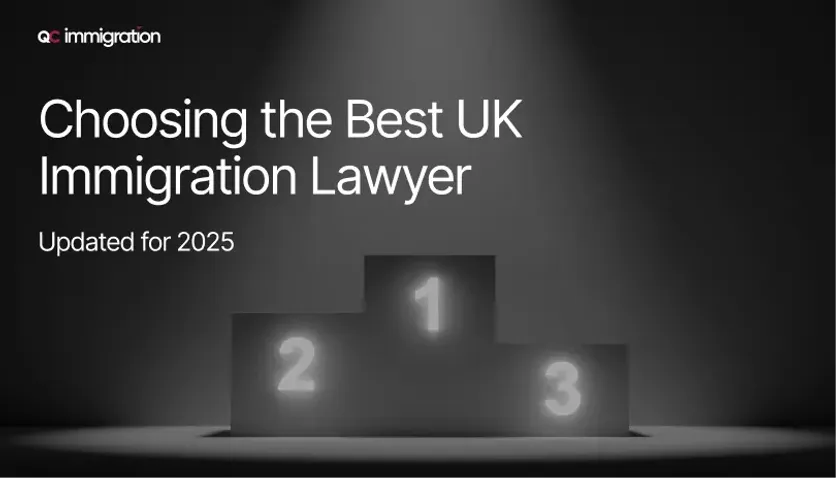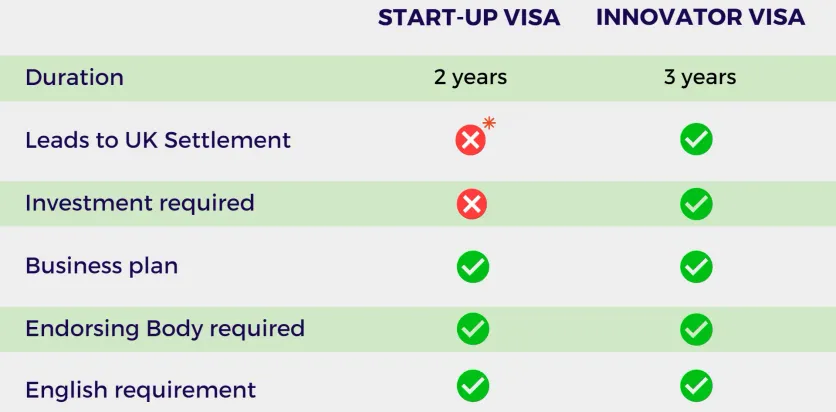Table of contents

Share
UK companies and migrant employees may recall last spring and summer of 2018 of waiting patiently for the approval of their Restrictive Certificate of Sponsorship (RCoS), to enable the Tier 2 General visa application of the foreign staff they wish to hire. For over 6 months, the monthly quotas were oversubscribed. Fortunately, the threshold returned to its regular levels to approve most jobs meeting the qualifying salary. With Brexit in 2019 and employers increasingly looking beyond Europe to hire skilled workers to fill shortages, it would be interesting to observe if the trend would repeat later this year.
The UK Work Visa Sponsorship system, can often be a complex process. After securing a Tier 2 Sponsor License, employers must then apply for the allocation of a Certificate of Sponsorship (CoS). This can sometimes leave employers with a Sponsor License, yet without an ability to employ a migrant worker. We explore below the current Home Office cap on restricted CoS and the ITV News, with regards to the Tier 2 Sponsorship capons to employers.
QC Immigration’s Director, Qiyin Chuah, has also spoken in a relevant interview on ITV News, with regards to the Tier 2 Sponsorship cap.
What is a restricted and unrestricted Certificate of Sponsorship (CoS)?
The Home Office have placed a limit to the number of migrants from outside the European Economic Area who are permitted to work in the UK, under the Tier 2 category. Jobs are placed into categories, through inspection of the nature of the work undertaken. Areas where there is a national shortage of candidates are classified as unrestricted and unlimited CoS are awarded upon request. However, vacancies that are generally of a lower salary and not viewed as in shortage are subjected to the Home Office cap.
What jobs are exempt?
The Shortage Occupation List is found in Appendix K of the Immigration Rules. Although not subjected to the limit, the employer must provide evidence the vacancy qualifies, as prescribed by the Home Office.
Restricted CoS and the cap
Applications for CoS must be accompanied with strong evidence of abiding by the Immigration Rules. The Home Office consider the implementation of the Resident Labour Market Test, as well as the genuine need for the migrant worker. The correct job SOC code and appropriate salary level must applied.
The overall attributes are assessed based on a point-scoring system:
- Type of Job – 20 Points
- Salary – 60 Points
Perhaps with a surge in allocation requests, a larger salary is favourable. However, this must accompany the above mentioned evidence. Once approved, the Sponsor will need to renew their request on a yearly basis. The Home Office may carry out checks that the employer is fulfilling their duties as a license holder.
A full review of the number of allocations can be seen here:
https://www.gov.uk/government/publications/employer-sponsorship-restricted-certificate-allocations/allocations-of-restricted-certificates-of-sponsorship
Tier 2 General Visa
When the CoS allocation has been approved, the proposed employee can then apply to the Home Office for a Tier 2 General Visa. Future renewal or extension of the visa is dependent upon the status of the employer and employee. Should an employer’s Tier 2 Sponsor License be revoked or the Tier 2 General employee faces significant changes to the job, the Tier 2 General Visa may no longer be valid.
Settlement under the Tier 2 Visa route
A migrant may apply for Indefinite Leave to Remain after 5 continuous years under the Tier 2 category. The Applicant must provide evidence of a minimum salary depending on when the application would be submitted – for the latest minimum salary levels, read our related article on Tier 2 Indefinite Leave to Remain requirements here https://qc-immigration.com/immigration/tier-2-general-visa-indefinite-leave-to-remain-under-the-5-year-route/



